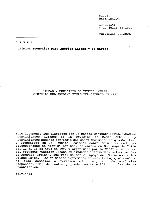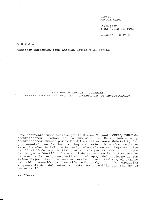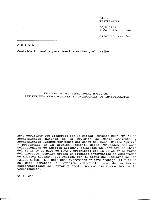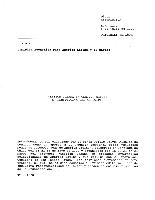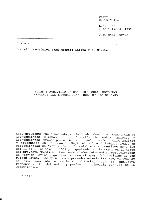The Dutch United Provinces declared their independence from Spain in 1579; during the 17th century, they became a leading seafaring and commercial power, with settlements and colonies around the world. After a 20-year French occupation, a Kingdom of the Netherlands was formed in 1815. In 1830, Belgium seceded and formed a separate kingdom. The Netherlands remained neutral in World War I, but suffered German invasion and occupation in World War II. A modern, industrialized nation, the Netherlands is also a large exporter of agricultural products. The country was a founding member of NATO and the EEC (now the EU) and participated in the introduction of the euro in 1999. In October 2010, the former Netherlands Antilles was dissolved and the three smallest islands - Bonaire, Sint Eustatius, and Saba - became special municipalities in the Netherlands administrative structure. The larger islands of Sint Maarten and Curacao joined the Netherlands and Aruba as constituent countries forming the Kingdom of the Netherlands.
The Kingdom of the Netherlands is a parliamentary constitutional monarchy.
Source: CIA World Factbook
Members:
Resources
Displaying 16 - 20 of 95Ciudad y municipio de Temuco, Chile: síntesis del informe final del estudio de caso
Reunión Regional sobre Ciudades Medianas Seleccionadas de América Latina
El caso de Ibagué, Colombia: reflexiones metodológicas y conceptuales de investigación
Reunión Regional sobre Ciudades Medianas Seleccionadas de América Latina
El caso de San Pedro Sula, Honduras: reflexiones metodológicas y conceptuales de investigación
Reunión Regional sobre Ciudades Medianas Seleccionadas de América Latina
Gestión urbana en Temuco, Chile: la perspectiva del municipio
Reunión Regional sobre Ciudades Medianas Seleccionadas de América Latina
Ciudad y municipio de San Pedro Sula, Honduras: síntesis del informe final del estudio de caso
Reunión Regional sobre Ciudades Medianas Seleccionadas de América Latina


